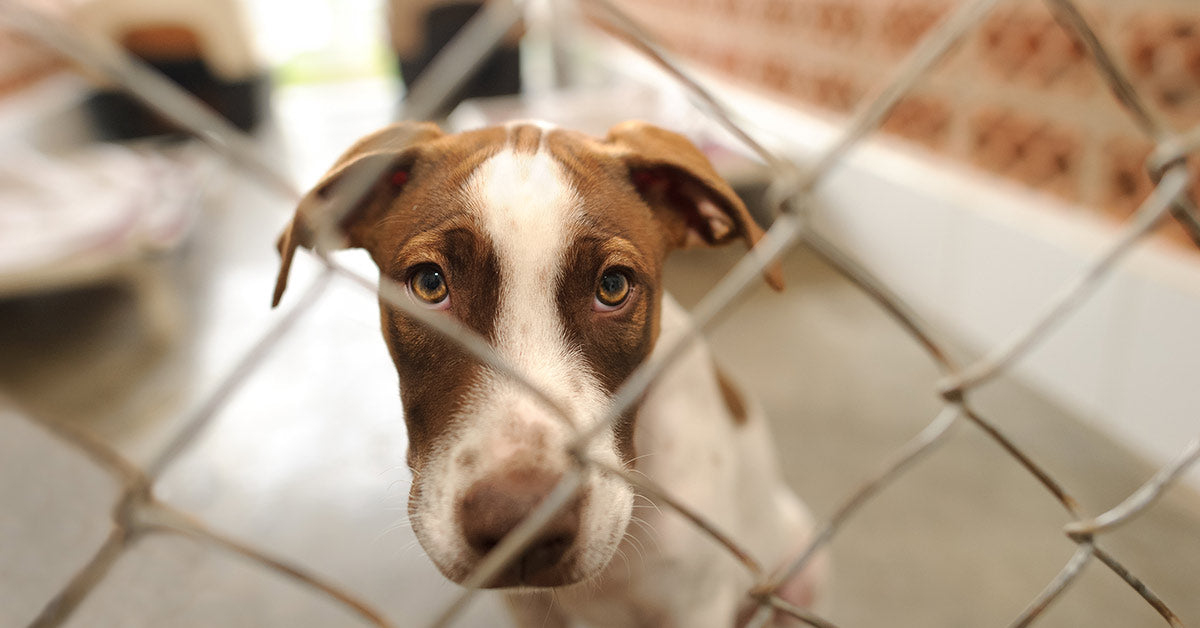

A complete guide
Contents
Especially now, in the COVID era, dog lovers seem to be more concerned about kennel cough, also known as canine tracheobronchitis. The main cause of this disease is the bacteria Bordetella Bronchiseptica that has been found in most dogs with the disease symptoms, however, the canine parainfluenza virus and a few other viruses may also be involved.
Dogs infected with kennel cough usually present with a dry hacking cough and spitting up foamy, frothy saliva like liquid, the result of upper airway inflammation. Dog lovers often come forward with the concern that their dog is choking and clearing their throat.
The disease is usually mild and self-limiting, and rarely leads to complications, which makes it very similar to a common cold in humans.
IS THE KENNEL COUGH VACCINE NECESSARY?
Despite the fact that kennel cough is nothing more than the dog version of a cold, most boarding facilities, daycares, groomers and training centres, request the kennel cough vaccine as one of the conditions of admittance.
During the early years of my veterinary career, I also used to use the kennel cough vaccine, until I noticed that dogs who were absolutely healthy before receiving the vaccination would come back with full-on kennel cough symptoms after getting the vaccine.
I remember calling the vaccination manufacturer representative to ask if the vaccine was a possible reason for the illness, and was told that this was unlikely, and that these dogs were likely exposed to kennel cough prior to receiving the vaccination.
This was definitely possible, however I didn’t see the same rise in kennel cough numbers in dogs that were not vaccinated. I also knew that most kennel cough vaccines are made from a live modified organism that can, under some conditions, cause tracheobronchitis symptoms.
During my additional research on the topic, I stumbled upon the British Medical Safety Data sheet for the Nobivac KC kennel cough vaccine, that stated clearly that the vaccine can cause eye and nose discharge, accompanied by sneezing and coughing – the symptoms of kennel cough. It also said that these symptoms may persist for up to four weeks post vaccination, and dogs with more severe signs should be treated with appropriate antibiotic treatment.
In summary, the safety data sheet confirmed what I have clearly seen in practice. The kennel cough vaccine is capable of causing the disease that it should prevent. As a result, I decided to stop giving the kennel cough vaccination in my practice, and created a simple kennel cough checklist for dog lovers and dog-centric businesses that I am sharing below:
PART 1 – WHAT TO DO IF YOU ARE A DOG GUARDIAN
- Remember that kennel cough is a mild self-limiting disease, therefore it is safe not to vaccinate for it, and avoid potential kennel cough symptoms.
- If you use a service that requests a kennel cough vaccine, share this article link with them, and suggest that you are willing to sign a waiver of liability.
- Make sure that your dog’s immune system is in top-notch condition, feed a high-quality all-natural raw or cooked diet, and eliminate kibble. Click here for the Healthy Dog Food Recipe Maker.
- Prevent dietary deficiencies, and boost the immune system, by giving the Fab4 essential supplements. I give them to my dog Pax to keep him healthy.
- Avoid kibble and processed food, as well as dairy and wheat based products, which compromise the immune system and increase mucus and congestion of the airways.
- Choose well-ventilated, clean, and stress free facilities that are not overcrowded and your dog is happy to return to.
- If your dog gets kennel cough, rest your dog, but take them out for low-key gentle walks to keep them happy and calm.
- To reduce cough symptoms, you can administer homeopathic remedy Spongia 30C or 200C (can also be listed as 30CH and 200CH) 2-3 times daily, until symptoms subside. This is the treatment of choice.
- Increase the dose of FeelGood Omega to 3x the recommended daily dose. This will help reduce inflammation and support healing of the upper airways.
- If symptoms worsen, or your dog is lethargic, see your veterinarian for further assistance.
Here is a link to an article about a safer approach to your dog’s immunity and vaccination.
PART 2 – WHAT TO DO IF YOU OWN A DOG-CENTRIC BUSINESS
- If you are an owner of a boarding, grooming, or daycare facility, I suggest you create a simple waiver of liability for any incidents of infectious disease.
- Explain in the waiver that you don’t require the kennel cough vaccination for dogs in your facility, as it may cause the disease symptoms.
- If a dog shows symptoms of kennel cough which may happen in a facility that requests the vaccine or in one that doesn’t, practice the same form of disinfection, hygiene, and sick dog isolation as you would with COVID-19. We are all now well versed in this type of hygiene.
- Ask every incoming guardian if their dog is experiencing any signs of cough or spitting up clear foamy phlegm.
- Ensure your facility is well ventilated, and the air quality is good.
- Prevent overcrowding, and strive to create a happy and stress free atmosphere within your facility.
Download and print a copy of this article for your clients to read here.
Dr. Peter Dobias, DVM
PS: If you are looking for my general recommendations about vaccinations, click here.